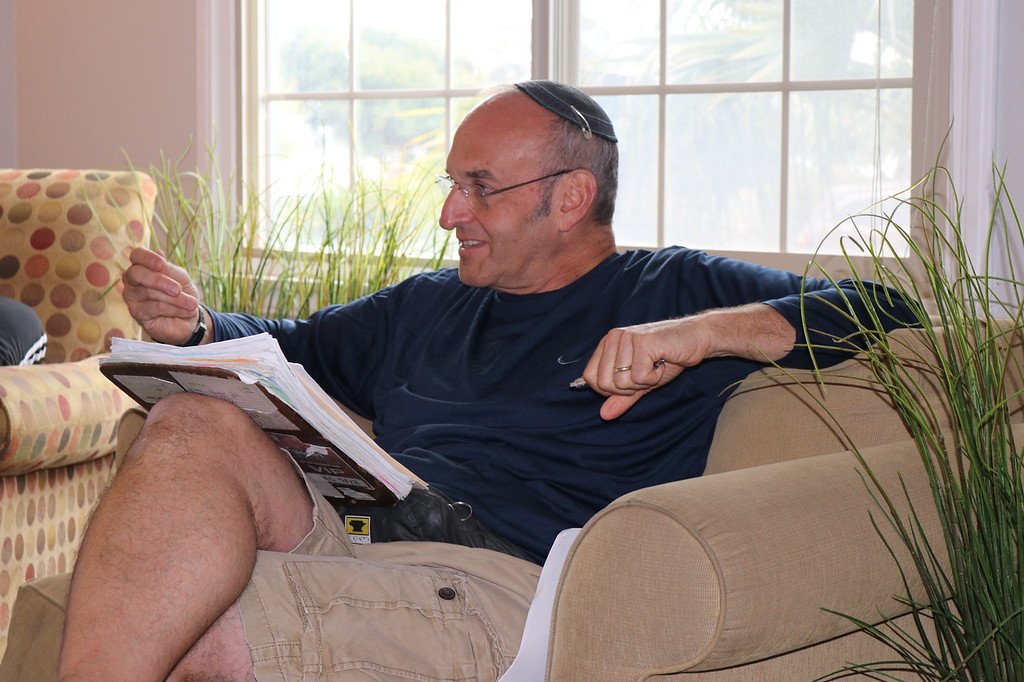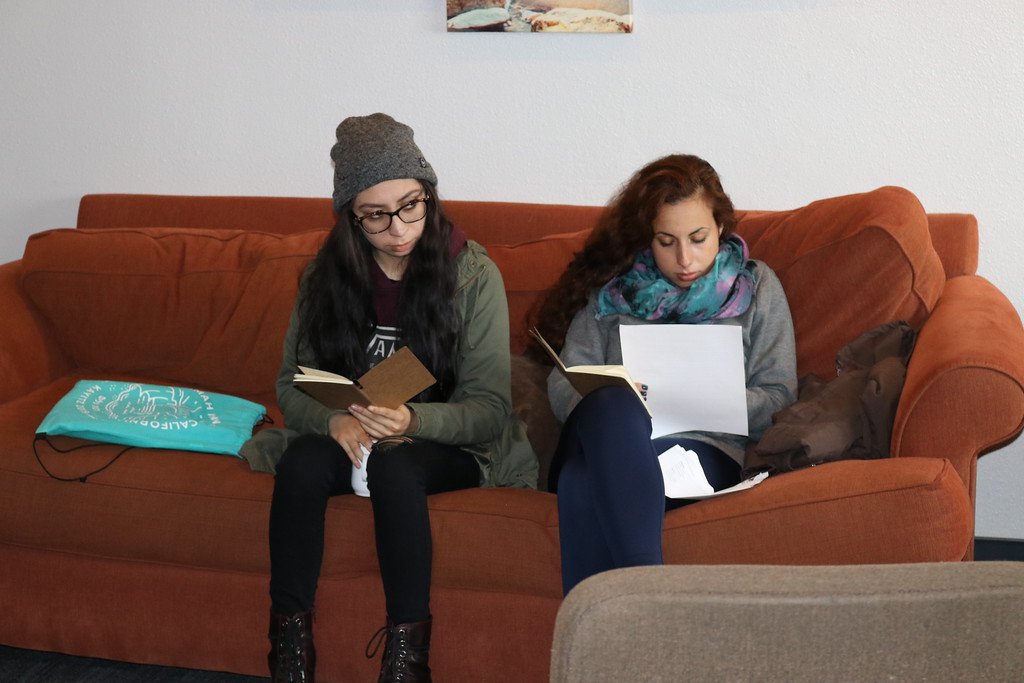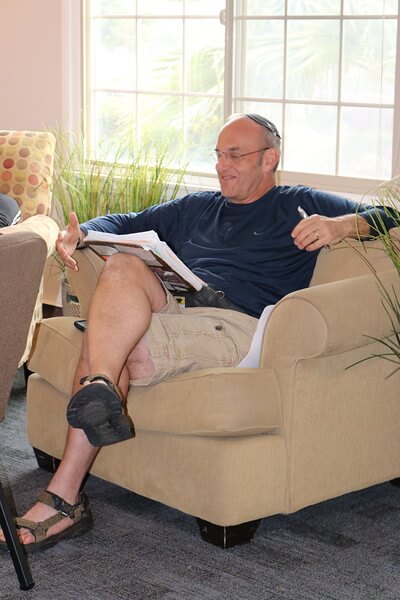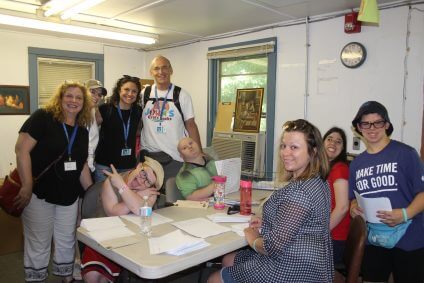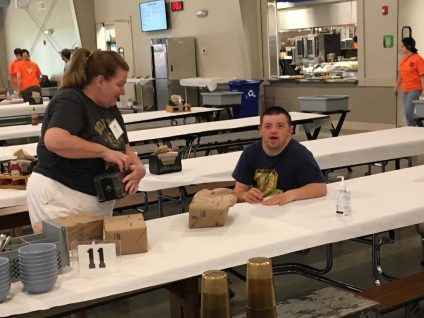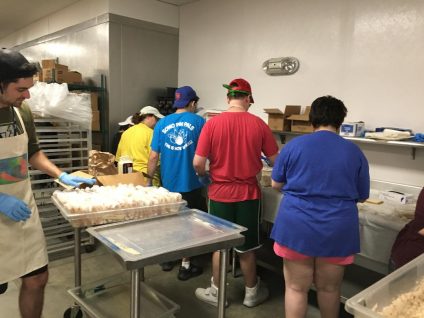Original Article Published On The New York Jewish Week
Inclusive Jewish summer camp options for children and young adults with disabilities now abound.
This is part of a series of essays in honor of Jewish Disability Awareness, Acceptance and Inclusion Month.
When the Ramah Camping Movement started including campers with disabilities through its Tikvah Programs in 1970, the world was a very different place. Tikvah’s founders, Herb and Barbara Greenberg, two Long Island school teachers, faced opposition and roadblocks almost every place they turned. They were told that “including people with disabilities would bankrupt the camps, disrupt the structure, lower the level of Hebrew and cause the ‘normal’ campers to leave.”
One Ramah director, Danny Adelman, z’l, (director of Ramah Glen Spey in New York, and later, Camp Ramah in New England in Massachusetts) felt it was a Jewish value and imperative to include people with disabilities. With that “yes” in the late 1960s, the Jewish inclusive camping movement was underway! Every Jewish summer camp, school, youth movement and Israel which program which supports and includes people with disabilities should pause to remember and pay tribute to the pioneering, brave work of the Greenbergs.
It wasn’t easy going at first. Once the camp agreed to Tikvah, the Greenbergs first had to find those campers. As the Greenbergs, long-time citizens of Israel after 29 years directing Tikvah, report, “They weren’t in the synagogues!” Rabbis weren’t very helpful in identifying participants since families of children with disabilities weren’t coming to the synagogues—they didn’t feel welcomed. They managed to find eight participants for that first Tikvah summer.
That first summer 50 years ago laid the groundwork for inclusive camping within Ramah and in all of Jewish camping. Now, all 10 Ramah overnight programs and it various day camps support campers with disabilities and their families through camping programs, vocational training programs, supportive employment, Israel trips and Family Shabbatons.
In the past ten years, we have seen in increase in the number of Jewish overnight and day camps supporting campers with a range of disabilities, and a general shift in attitude toward inclusion. Camps are doing a better job training their staffs, providing tools to support all campers. The Ramah Camping Movement offers an inclusion track at its twice a year national trainings, and the Foundation for Jewish Camp (FJC) has a network for inclusion specialists, and offers a disabilities inclusion track at its biannual Leaders Assembly.
Families of children and young adults with disabilities now have more choices in summer camping—by location, religious affiliation, and type of camp. And camps with camping programs are increasingly looking for ways to expand vocational training and employment opportunities for people with disabilities as they get older. Keeping Jews in Jewish camp for as long as possible continues to be a goal of Jewish camping—for people with and without disabilities.



